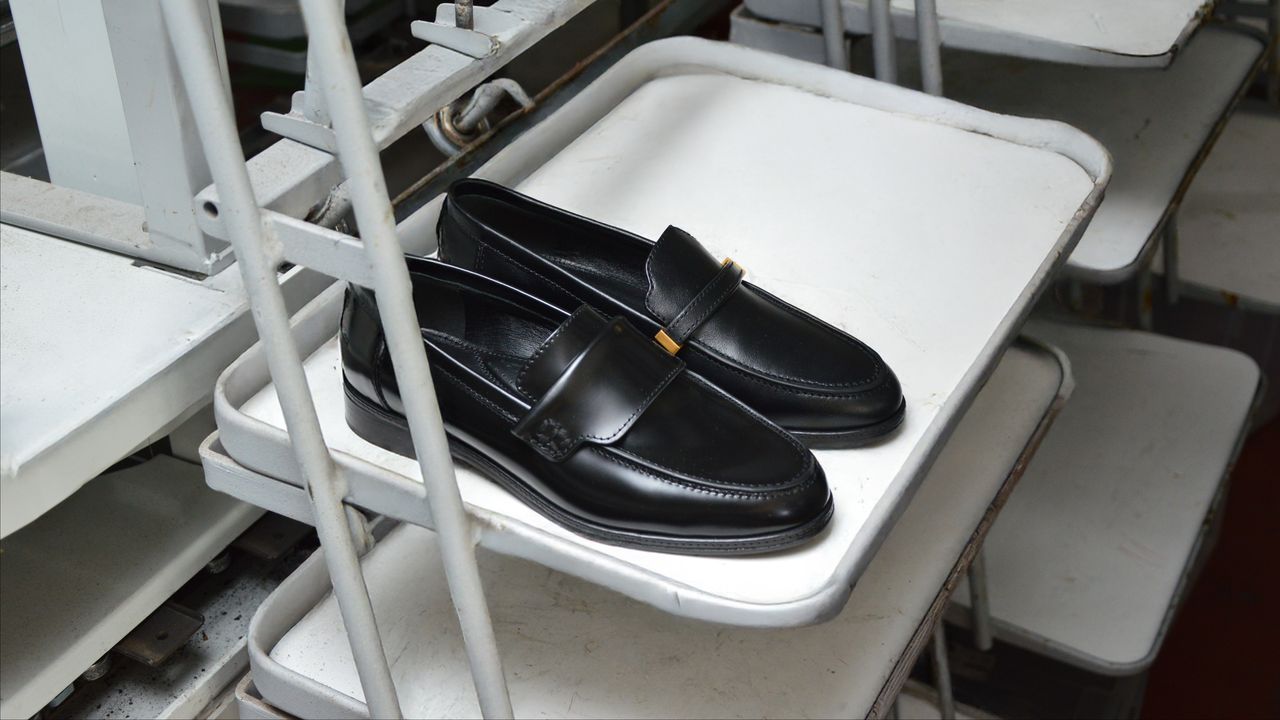
The foremost innovators in the textile-to-textile recycling space are evolving from start-ups to scale-ups — and many are taking their operations global.
Over the course of the past year, pilot projects have begun the metamorphosis to commercial scale, generating new partnerships and backing from industry stalwarts, manufacturing experts and forward-thinking brands.
Here, a look at some of them.
Circ
The Danville, Va.-based polycotton recycling innovator revealed this spring that it’s launching its first commercial-scale facility in Saint-Avold, France, with construction to begin in 2026 and operations targeted to commence in 2028.
The new facility will employ 200 people and, once running at full speed, will be able to recycle 70,000 metric tons of blended polycotton textiles each year, separating the polyester and cellulose into usable regenerated materials.
The project has some high-profile backing. First revealed by French President Emmanuel Macron’s administration at the 2025 Choose France Summit, it will be supported by national, regional and European Union incentives as well as by engineering partners including Worley, GEA and Andritz. A robust industrial base and progressive policymaking surrounding circular advancement attracted Circ to the region, its leadership said.
The French facility will serve as a commercial flagship — and just the first outpost in what will become a global network, according to the American company. In the coming years, Circ said it’s looking into North America and Asia as the next destinations for growth.
Reju
France-headquartered textile-to-textile regeneration firm Reju broke the news in May that it had decided on the Chemelot Industrial Park in the Netherlands for its first industrial-scale facility, following the opening of “Regeneration Hub Zero” in Frankfurt, Germany, this October.
Regeneration Hub One, as the facility will be called, will help Reju reach its goal of scaling by allowing the innovator to leverage the industrial park’s existing infrastructure. It will be capable of recycling the equivalent of 300 million garments each year, resulting in a production capacity of 50,000 tons of rBHET that will be repolymerized into Reju PET. Derived from textile waste, the new material offers 50 percent lower carbon emissions than virgin polyester, and will be introduced into the supply chain for products like apparel.
The Netherlands Foreign Investment Agency (NFIA), the Ministry of Infrastructure and Water Management and the Ministry of Climate Policy and Green Growth collaborated with Reju on planning for the facility and its location at Chemelot.

Recycled textile.
ANA PALACIOS
Ambercycle
The Los Angeles-based blended textile recycler in January said that it’s expanding the reach of its upcycled Cycora material in China through a partnership with polyester manufacturer Shenghong Holding Group.
The two companies have worked together since last year to develop regenerated filament yarns using Cycora material, which is made of upcycled polyester. The new partnership will allow the companies to scale production of those yarns in China, which remains an essential production hub for much of the fashion sector despite higher tariffs imposed by the administration of President Donald Trump.
Ambercycle leadership said the partnership would enable it to scale production, as Shengdong possesses advanced manufacturing capabilities and partnerships with global brands.
The company has employed the strategy before, with the apparent goal of integrating its material seamlessly into international supply chains. In 2023, the company joined forces with Taiwan-based textile manufacturer Shinkong Synthetics, providing pelletized polyester to be extruded into performance and specialty yarns. And in August 2024, Shinkong invested $10 million in Ambercycle for its first state-of-the-art facility.
Ambercycle also partnered with Sri Lankan conglomerate MAS Holdings in 2024, providing enough regenerated polyester to make roughly 10 million garments. Days after entering that agreement, Ambercycle teamed with South Korea-based Hyosung TNC — which is known for its corn-based Creora Spandex — to incorporate Cycora in its supply chains.
Syre
Stockholm-based polyester textile recycling company Syre and specialty polyester supplier Selenis revealed last fall that they would be teaming on a textile-to-textile recycling facility in Cedar Creek, N.C., which is slated to open sometime this year.
When fully operational, the plant’s output will reach up to 10,000 metric tons of circular polyester annually, the company said.
A relative newcomer to the space, Syre launched in early 2024 with the goal of establishing a number of textile-to-textile gigascale plants that will produce circular polyester around the world. Syre is building an adjoining facility to Selenis’ Cedar Creek plant to allow for a continuous production flow, with the operations capable of performing a number of processes, from depolymerization to polymerization and PET-chip production.
Zara-owner Inditex, Patagonia and H&M Group have committed $600 million to material produced by Syre.
Loop
Canadian circular plastics and fiber recycling firm Loop Industries teamed with one of India’s leading manufacturers of specialty polymers to form a new joint venture last year — and construction is underway for a production launch in 2027.
Loop, which recycles plastic waste and polyester textiles into new materials, entered into a 50-50 strategic partnership with Ester Industries to form a new entity called India JV in 2024. The partners said they planned to build and operate a facility to produce low-carbon recycled dimethyl terephthalate (rDMT), recycled mono-ethylene glycol (rMEG) — materials that can be applied across different industries, including textiles.
Known as “Infinite Loop,” the platform will bring together the two companies’ complementary technologies and skill sets. Loop said it would bring the innovative processing capabilities while Ester would provide expertise in sourcing PET and polyester waste feedstocks from the Indian market.
The rDMT and rMEG products created at the Infinite Loop facility will add to Loop’s existing PET and polyester fiber manufacturing business, allowing the company to access new markets and clientele within industries like textiles, automotive, electronics and packaging.
With production scaling up, India JV will be able to bring prices down for interested parties, making them more accessible to a broader market. Together, the partners invested about $165 million into the new venture, and they anticipate that construction will be completed by the end of next year with operations slated to ramp up in early 2027.

Packaged recycled textiles.
ATILA MADRONA
Recover
Spain-based Recover, which regenerates cotton fibers and cotton fiber blends, said in December that it would open its latest manufacturing facility in Vietnam, to be operational in 2025.
The facility is the third to be opened in recent years, following a plant launched in Pakistan in 2021 with Artistic Denim Mills and a factory in Bangladesh opened a year later. The Vietnam outpost aims to service the Vietnamese textile production market, the company said.
The factory’s location in the Dong Nai province was chosen strategically for its proximity to apparel and textile production — as well as waste streams — with Vietnam representing the world’s third-largest textile exporter. In December, the firm said the factory would measure about 14,000 square meters and, once operational, produce about 10,000 metric tons of recovered textile fibers.
The facility’s primary output will be RMix, a regenerated cotton-polyester blend. The recycling process eliminates the need to separate the fibers from each other — a consistent hurdle in the textile-to-textile recycling space.
#TextiletoTextile #Recyclers #Breaking #Ground #Globally






